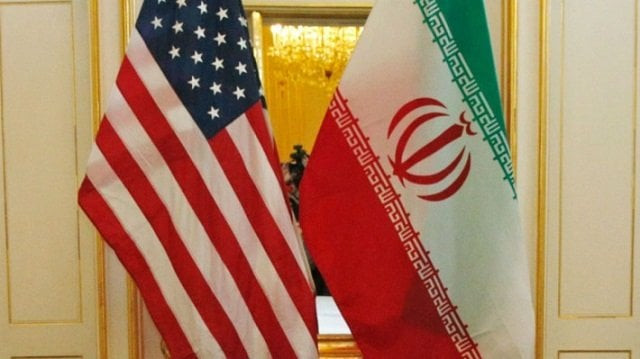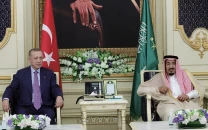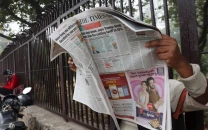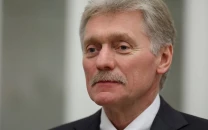Iran faces US without Plan B as nuclear red lines collide
.

While rising US-Iran tensions over Tehran's uranium enrichment jeopardize nuclear talks, three Iranian sources said on Tuesday that the clerical leadership lacks a clear fallback plan if efforts to resolve a decades-long dispute collapse.
With negotiations faltering over clashing red lines, Iran may turn to China and Russia as a "Plan B", the sources said, but with Beijing's trade war with Washington and Moscow distracted with its war in Ukraine, Tehran's backup plan appears shaky.
"The plan B is to continue the strategy before the start of talks. Iran will avoid escalating tensions, it is ready to defend itself," a senior Iranian official said. "The strategy also includes strengthening ties with allies like Russia and China."
On Tuesday, Iran's Supreme Leader Ayatollah Ali Khamenei rejected US demands to halt uranium enrichment as "excessive and outrageous", warning that the talks are unlikely to yield results.
After four rounds of talks aimed at curbing Iran's nuclear programme in return for sanctions relief, multiple stumbling blocks remain. Tehran refuses to ship all of its highly enriched uranium stockpile abroad or engage in discussions over its ballistic missile programme, two of the Iranian officials and a European diplomat said.
The fifth round will take place in Rome on Friday May 23, Oman's foreign minister said on Wednesday.
The lack of trust on both sides and President Donald Trump's decision to pull out of a 2015 accord with world powers has also raised the importance for Iran of getting guarantees that Washington will not renege on a future accord.
Compounding Tehran's challenges, Iran's clerical establishment is grappling with mounting crises - energy and water shortages, a plummeting currency, military losses among regional allies, and rising fears of an Israeli attack on its nuclear sites - all exacerbated by Trump's hardline policies.
With Trump's speedy revival of a "maximum pressure" campaign on Tehran since February, including tightened sanctions and military threats, the sources said, Iran's leadership "has no better option" than a new deal to avert economic chaos at home that could threaten its rule.
Nationwide protests over social repression and economic hardship in recent years, met with harsh crackdowns, have exposed the Islamic Republic's vulnerability to public anger and triggered sets of Western human rights sanctions.
"Without lifting sanctions to enable free oil sales and access to funds, Iran's economy cannot recover," said the second official, who like others asked not to be identified due to sensitivity of matter. Iran's foreign ministry was not immediately available for comment.



















COMMENTS
Comments are moderated and generally will be posted if they are on-topic and not abusive.
For more information, please see our Comments FAQ